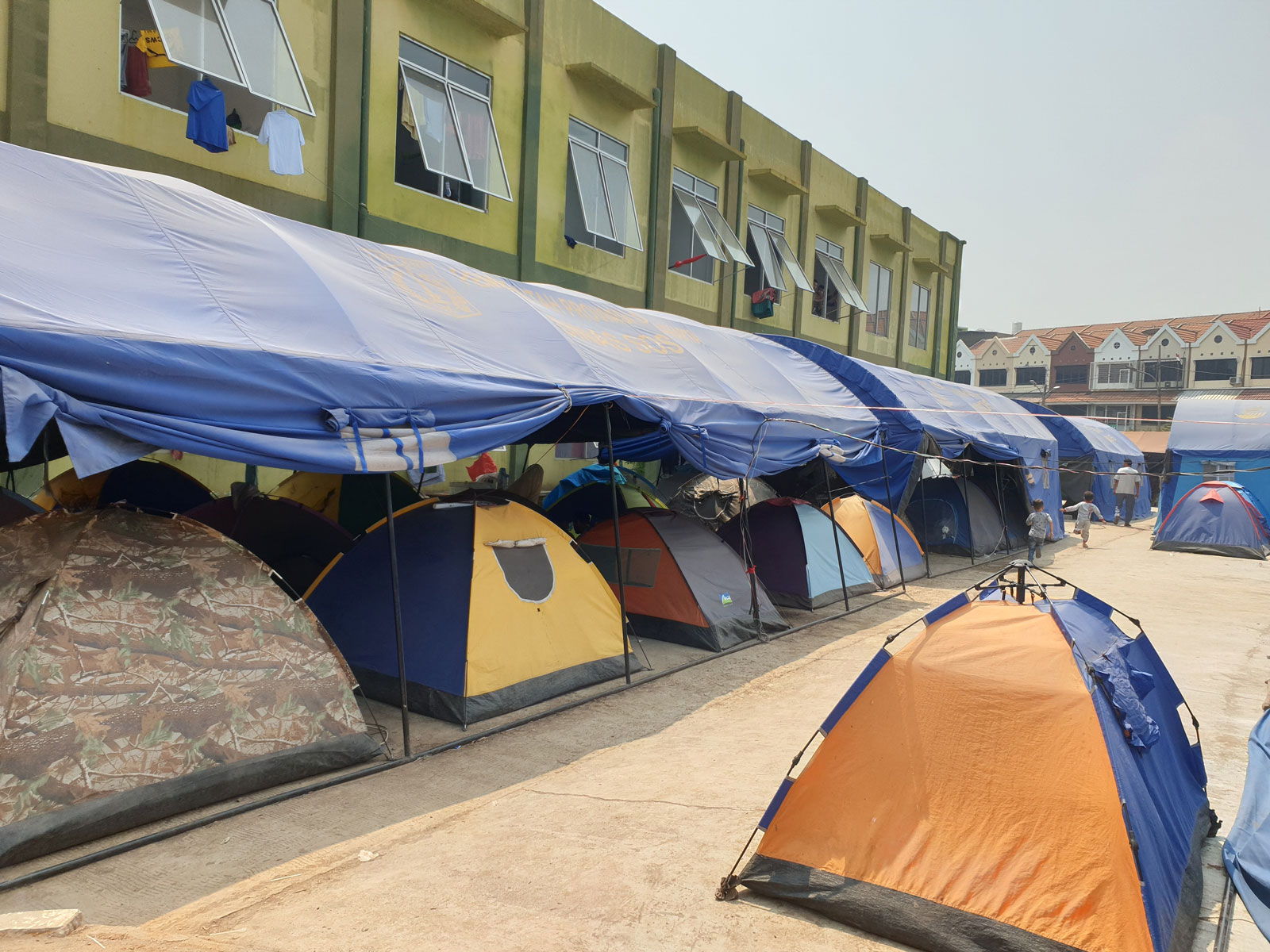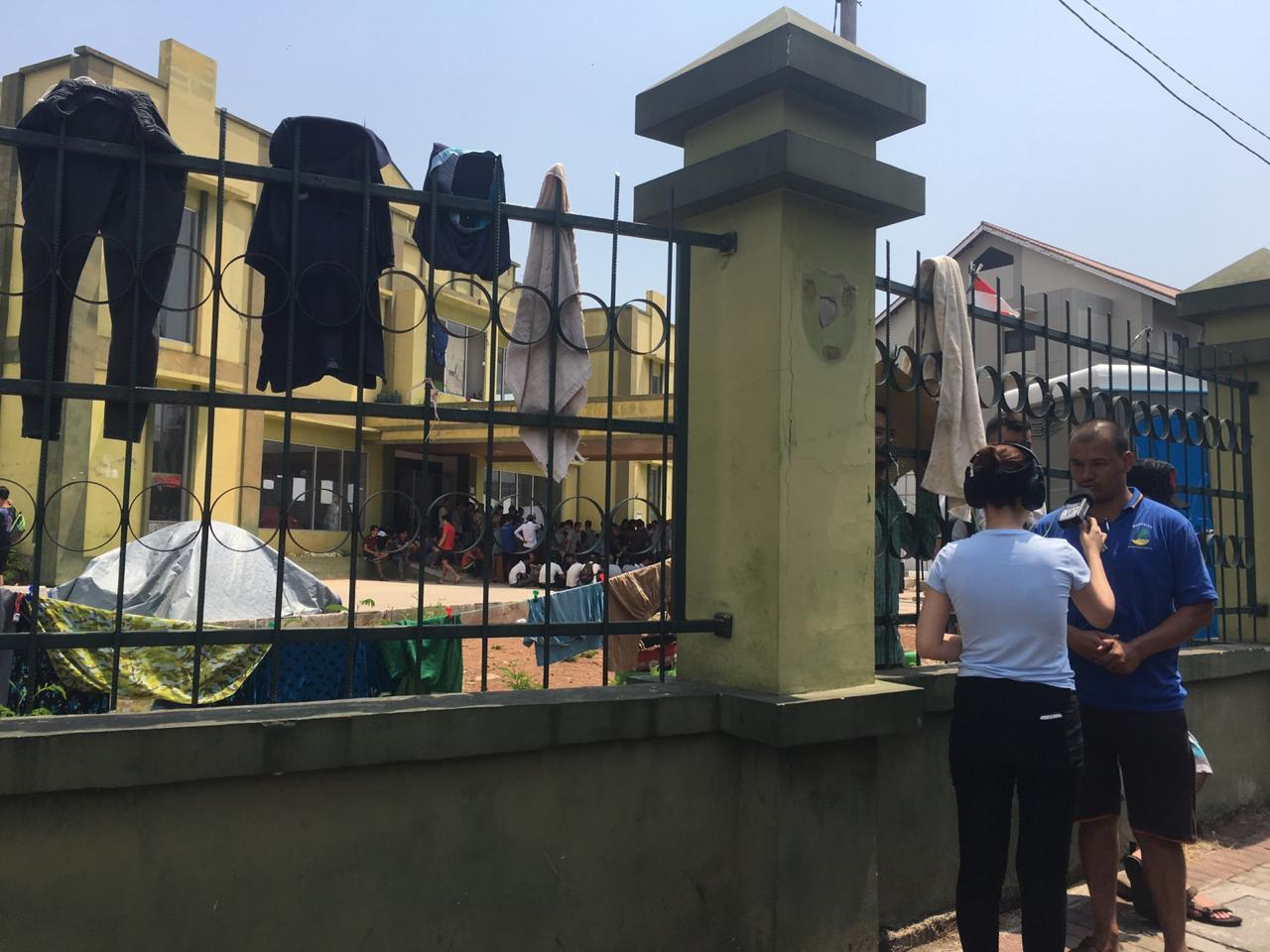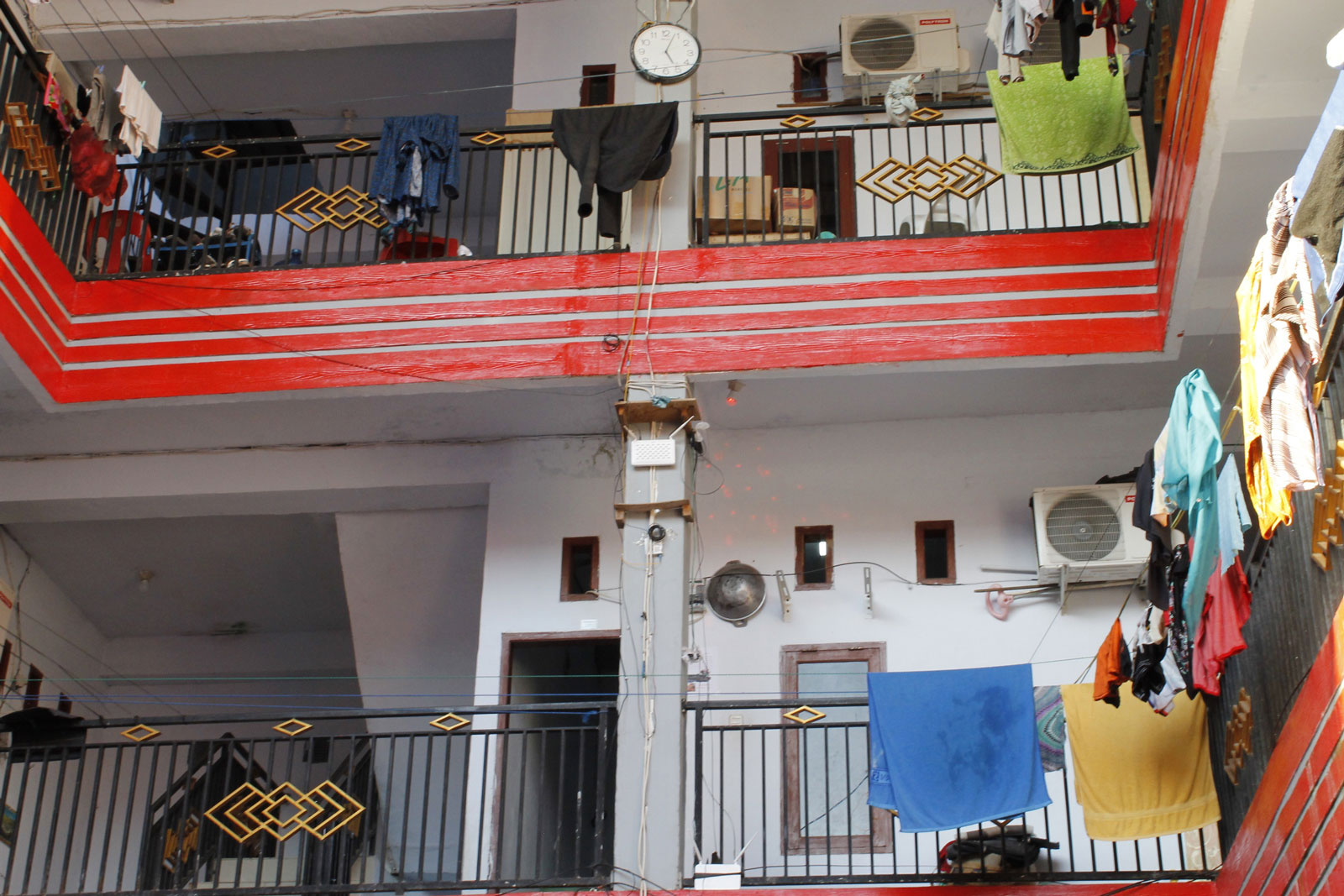Late last month, Australians were shocked and sickened by the findings of the Brereton Report. The four-year investigation revealed evidence to support allegations that Australian special forces murdered 39 Afghan civilians, including allegations of “blooding”, or initiation, of young soldiers.
For Nicole Curby, writer, producer and co-host of The Wait – a five-part narrative podcast released throughout November exploring the lives of refugees stuck in Indonesia – the findings exemplified the punitive nature of Australia’s border policies.
“Brereton findings reminding me of all the Afghans I spoke to while recording The Wait,” Curby said in a Twitter thread. “Australians committing war crimes in Afghanistan. 56% of refugees and asylum seekers in Indonesia are from Afghanistan. Australia refuses to resettle any refugees who arrived in Indonesia since 2014. Australia continues to put funding into sending refugees and asylum seekers in Indonesia back to Afghanistan, despite the dangers.”
For nearly 20 years, Australia has provided funding for the maintenance of Indonesian immigration detention centres that facilitate the systematic incarceration of refugees and asylum seekers for months and years at a time. Since 2000, under the Regional Cooperation Arrangement (RCA), Australia has also provided funding, personnel and training to intercept refugees and asylum seekers trying to reach Australia from Indonesia. In 2020-21, Australia is providing $30.9 million to continue funding the RCA, which keeps people accommodated in abject conditions in shelters across Indonesia.
It is the real, human impact of these policies that Curby uncovers. From a squalid detention centre in the Riau Archipelago, to a box-like room in West Jakarta, to protests on the streets of Makassar, The Wait explores how Australia’s immigration policies have created a proxy border in Indonesia and asks who is responsible for the consequences.

Two years in the making, The Wait is told through the eyes of Mozhgan Moarefizadeh, a 29-year-old refugee who fled Iran with her parents and younger brother in 2013, seeking asylum elsewhere. Since then they have been stuck in Jakarta without the right to work, study, marry, travel or even open a bank account. This is the situation for most of the 14,000 refugees and asylum seekers stuck in Indonesia, a nation which is not a signatory of the UN refugee convention.
Clear-eyed, sassy and steadfast, and with a slick asymmetrical haircut, Mozhgan is also a human rights advocate, public speaker and refugee law paralegal, also holding a Bachelor’s degree in English teaching and translation. In 2017 she co-founded the Refugees and Asylum Seekers Information Centre (RAIC), which coordinates a mental health programme, eye and dental care clinics, monthly food and hygiene packages, and connects people with legal aid services.
Alongside friend and co-host Curby – a journalist, audio producer and oral historian who has followed the lives of refugees and asylum seekers in Indonesia for the past three years – Mozhgan offers what will be for many listeners the first real insights into what it feels like to watch one’s life pass by.
As is testament to her tenacity, Mozhgan does not hold back.
“There are so many different sides of my personality and my family’s story in the podcast,” she said. “There are parts where I’m cursing about things, and crying about things, but I feel happy that I can share it. It’s such a relief for me that everything that I ever wanted to say is in one link that I can give to people.”

The Wait doesn’t shy from painful moments. In Part 2, Hussein, an Iranian refugee who was on the same fishing boat as Mozhgan, says that when he was in his first detention centre he didn’t see the sun “even from the window or from far away for three months and 21 days”. But even with such lows, the series is laced with laughter.
“At times it felt really difficult to talk about those things, Mozhgan said. “I didn’t want to hurt Nicole, and she didn’t want to hurt me, but we also wanted to share these raw stories. They need to be told.”
In Iran this is not something to be said publicly. But if I was supposed to keep quiet and not share what I really feel, then why am I even a refugee, why am I outside my country?
Mozhgan and Curby faced myriad challenges throughout production, and not just those caused by Covid-19. One hurdle that cropped up was the sudden prospect of needing to make edits just before the podcast’s launch, after Mozhgan’s mother expressed concerns that certain sections would endanger her daughter and her family. Her main concern centred around Part 4, in which Mozhgan is candid about her fading religious faith.
After hearing all the episodes in full, however, Mozhgan’s mother gave her blessings.
“In Iran this is not something to be said publicly,” Mozhgan explained. “But if I was supposed to keep quiet and not share what I really feel, then why am I even a refugee, why am I outside my country? If I was supposed to keep quiet I would shut up and stay in the country forever, right? I can’t – it’s not in my personality.”

For Curby, the challenging nature of the content was subsumed by her desire to do justice to the people she met and interviewed.
“People were lining up to talk to me. I never had a doubt that I needed to make [the podcast] – that sense of purpose and urgency is so crucial that it just had to be done,” she said.
Although The Wait is set in Indonesia, refugees stuck in an interminable limbo is an issue of global significance.
“Indonesia is almost like a case study of something that’s playing out in similar yet different ways all over the world,” Curby said. “Developed countries are hardening their borders and pushing them out into neighbouring developing countries, and leaving them to bear the brunt of it. Similar things are happening in Europe, Libya, Turkey, the US and Mexico, so I think the podcast has global relevance.”
While the Brereton war crimes report continues to make headlines in Australia, stories of fishing boats crammed with Afghan, Iranian and Sri Lankan asylum seekers being turned back in Australian waters have long since faded from the news.
But as Mozhgan says defiantly in Part 1 of the podcast: “I’ve been stuck here in Indonesia for seven years now, and I’m definitely not fading away.”
Learn more about The Wait on its website, and find it wherever you listen to podcasts. Julia Winterflood is a writer, editor and translator based in Indonesia.


